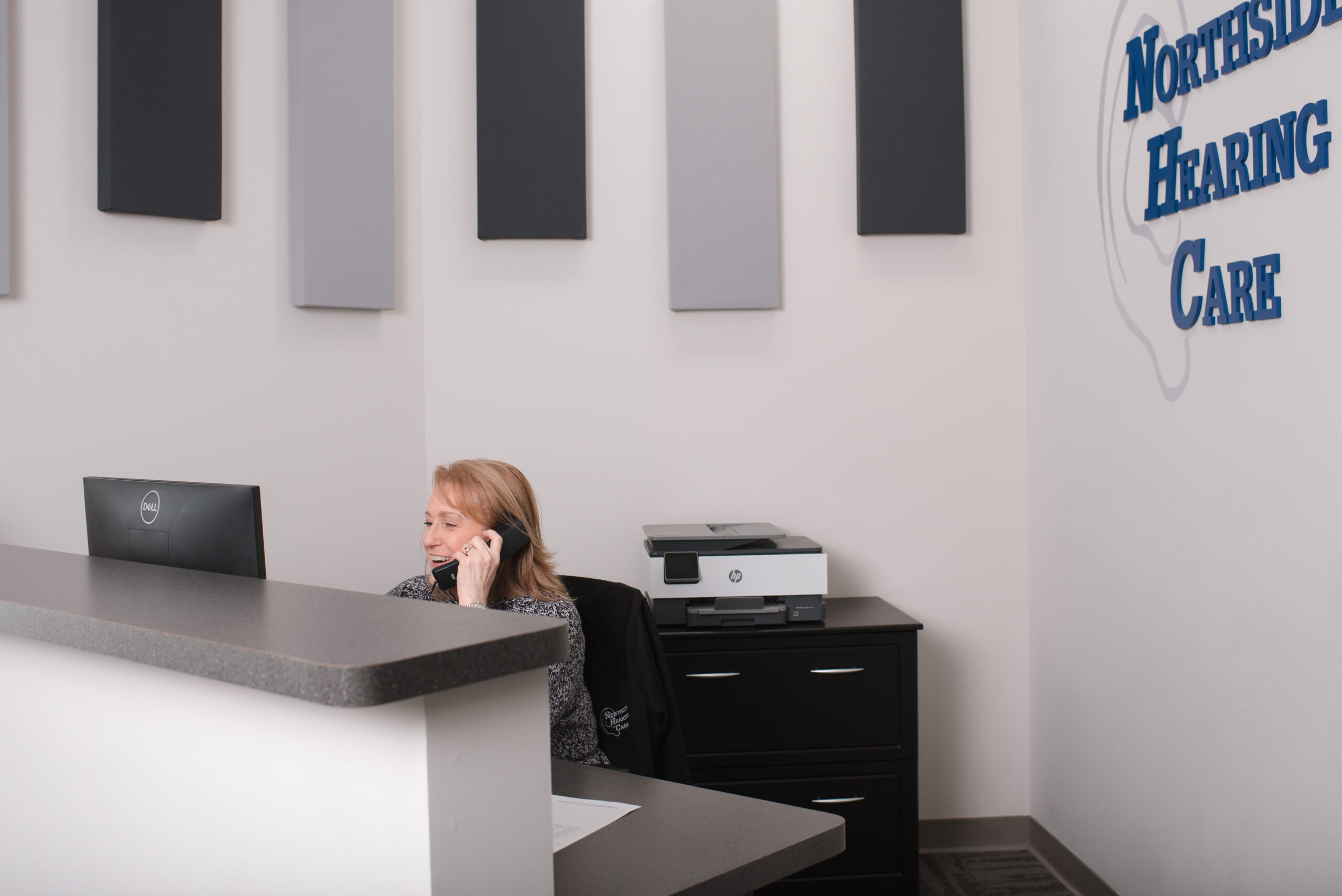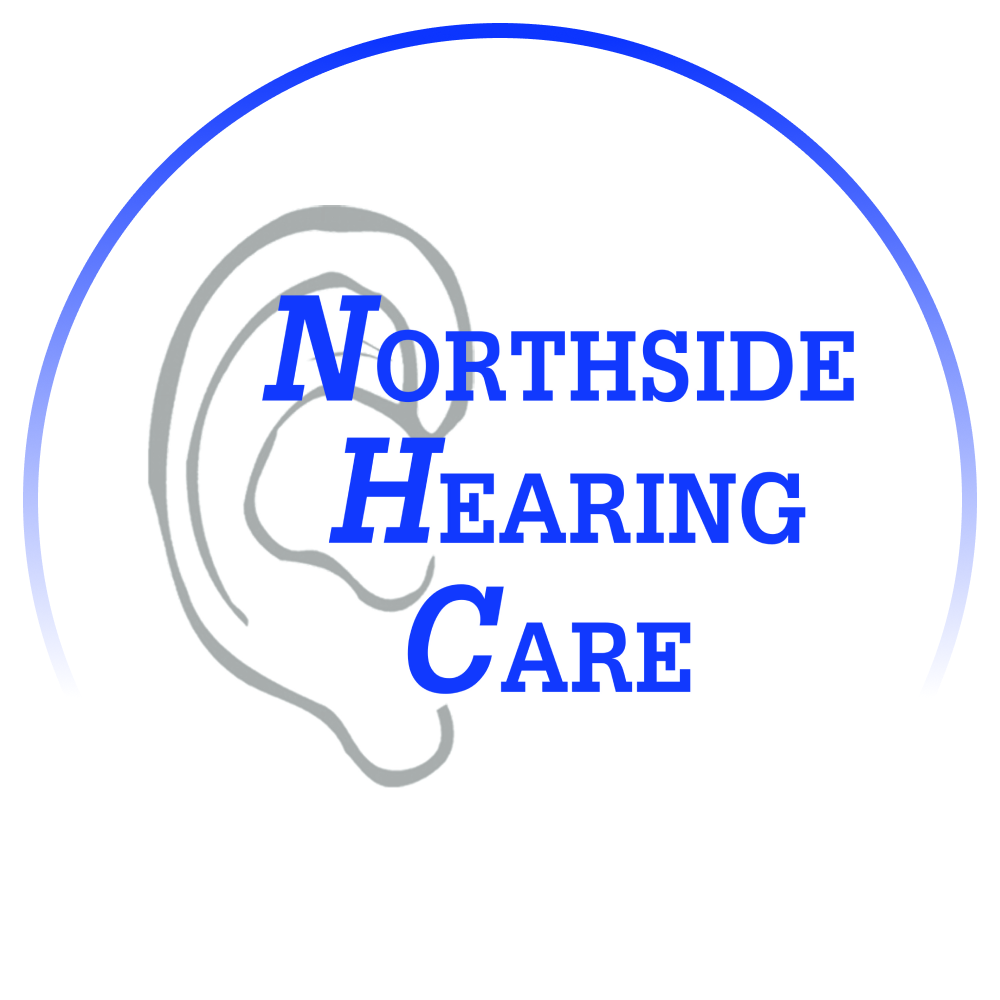AUDITORY PROCESSING DISORDER TESTING

What is Auditory Processing Disorder (APD)?
Auditory Processing Disorder (APD), also known as Central Auditory Processing Disorder, is a disorder of the auditory system that disrupts the way that a person’s brain understands what they hear. The individual may have normal hearing but will struggle to decode and interpret the sounds that they hear and filter out unwanted sounds.
Request an Appointment
Who should be tested?
APD can affect both children and adults. Dr. Hendrickson can test children as young as 3 ½ years of age and up. However, the most accurate results are obtained at age seven and up.
Signs & Symptoms in Children (including but not limited to)
- Problems understanding spoken instructions
- Problems saying speech sounds
- Problems reading aloud
- Distracted by or hypersensitive to noise
- Problems remembering spoken instructions
- Child has ADHD/ADD
- Child had anxiety particularly in new situations
- Significant reading and spelling difficulties
- Child is messy and tends to lose things
- Behavior Problems
Signs & Symptoms in Adults (including but not limited to)
- Difficulty hearing and feeling confused in noisy places
- Easily distracted, flustered, or confused
- Short-term memory difficulties
- Often saying “What?” or “Pardon?”
- Tires easily
- Sensitivity to loud sounds
- Reading comprehension difficulties
Request an Appointment
What does APD testing, and treatment look like?
There will be a free phone consultation to discuss the parent’s or patient’s concerns, to determine if APD testing would be beneficial. The next step after the phone consultation would be to move forward with scheduling, which could be done in one or two appointments. APD testing can be mentally tiring and by splitting it up into two separate appointments, it allows the patient time to rest for more accurate test results. During the initial appointment, there will be a full hearing evaluation and a battery of tests assessing the four auditory processing categories.
- Decoding: The ability of the brain to digest speech quickly and accurately by discriminating one sound from another, such as phonemes in speech or notes in music. People with decoding errors often have difficulty with phonics, articulation, reading accuracy and problems understanding directions.
- Tolerance-Fading Memory: Difficulty in understanding speech in competing noise (tolerance) and short-term memory and working memory deficits (fading memory). TFM errors can cause difficulties with reading comprehension and remembering directions. Expressive language (spoken and/or written) issues are common in this group.
- Integration: Thought to heavily involve the corpus callosum and the ability to integrate auditory information with other information, in particular visual information or even information between ears. Often causing significant spelling difficulties and observed as a deficit in dyslexics.
- Organization: The ability to organize and sequence auditory information. This correlates to executive function.
Approximately one week after the evaluation, a follow-up appointment will be made either in person or via telehealth to discuss the results and a customized treatment plan.
Is APD testing and treatment covered by insurance?
Unfortunately, all APD services will be billed through APD Solutions, which is not contracted with any insurance companies.
Request an Appointment
Contact Us
Thank you for considering Northside Hearing Care for your hearing health needs. We look forward to welcoming you to our clinic and providing you with the personalized care and support you deserve. Contact us today to schedule an appointment with one of our hearing health specialists.
Contact Us
